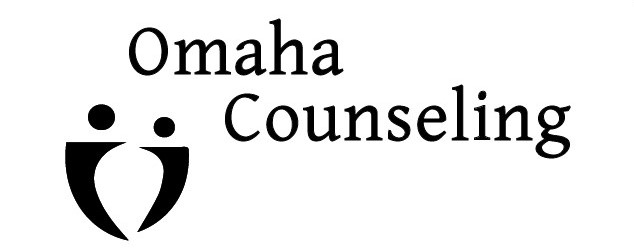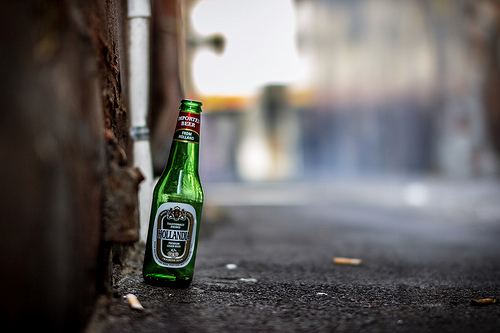Living in a home with a parent who abuses alcohol or drugs is can be chaotic, unpredictable, and often unsafe.
In an article recently posted on Huffington Post, Joni Edelman writes about how her life has been impacted by an addict parent. She believes that she doesn’t know “normal” and her childhood knew no peace. Now she seeks approval because of the low self-esteem caused by a parent who wasn’t able to provide love and security.
Edelman details many issues that stem from growing up in a home with an addict. She’s not alone; many people have similar horror stories to tell.
It might seem like you are the only one who grew up with an addict for a parent, but the truth is that over 8.3 million children in the United States live with an addict.
This can be a difficult subject to talk about. Some of the stories people have about growing up with an addict parent are horrendous and typically aren’t stories that can be shared around the dinner table. Instead of opening up and talking about their childhoods, many people keep those stories to themselves.
Writer Laura Kiesel grew up with a mother who was a drug addict. She writes that it was much easier to lie about her upbringing. However, it made her feel invisible and rejected as she was hiding a major part of her past so that she wouldn’t make others uncomfortable. Eventually, she started telling the truth.
Kiesel has a point. In order to move on and heal from a difficult childhood, it’s important to talk about it. Alana Levinson, whose father was a substance abuser, asks the question: What happens when something that causes so much pain isn’t acknowledged? Multiple studies show that children of addicts develop anxiety, depression, issues with over-achievement, and people-pleasing. They’re also more likely to struggle with substance abuse, as well.
While it helps to talk to trusted friends or loved ones, some people find it challenging to discuss these topics with people they are close to. In that case, it can be beneficial to find a support group like Adult Children of Alcoholics or Alanon. A support group is also a place where you can share your stories without feeling like they are inappropriate. It can be a huge relief to be with people who understand where you are coming from and are working on the same issues.
Counseling is also a good option when you find yourself stuck. A therapist will know how to help you heal and move past those difficult memories so you can free yourself from the pain of someone else’s addiction.
If you’d like to set up a time to meet up with Reka, you can contact her by phone at 402-881-8125, by email at reka@omaha-counseling.com, or via Twitter or Facebook.
—
photo credit: Hollandia Beer Wide Open via photopin (license)


